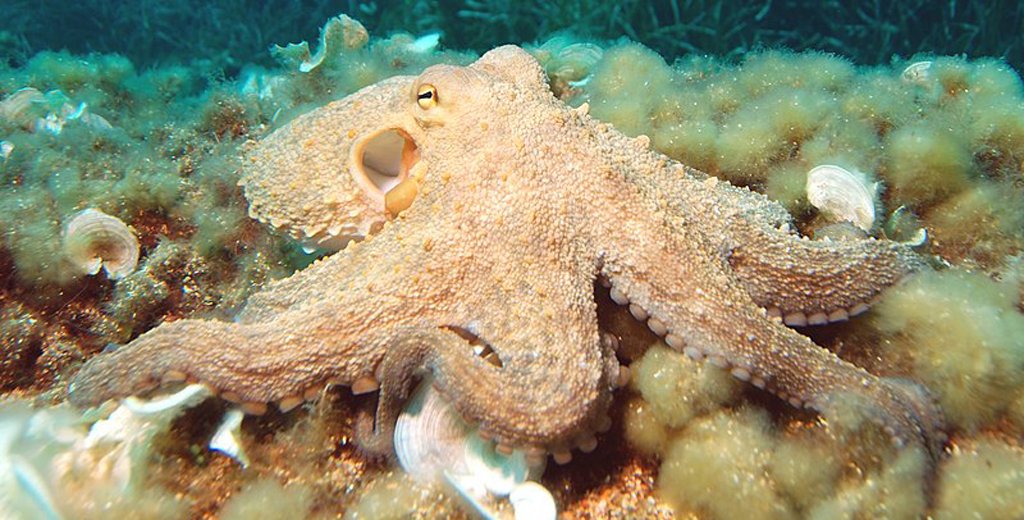
Independent Scientist-Filmmaker-Speaker. Set up global CitSci https://t.co/Ex5zibpKaO study (Take Part!). Wrote https://t.co/R8qULKdf09. Past Royal Society URF.
How to get URL link on X (Twitter) App



 2.) The increase in common octopus may be the most recent manifestation of the northwards 'march' of the marine ecosystem as the northeast Atlantic warms. The scientist Walter Garstang (1868 – 1949) said that, in his mind, a previous increase in abundance of common octopus at the beginning of the 20th C was due to heat: plymsea.ac.uk/id/eprint/213/…. See 3
2.) The increase in common octopus may be the most recent manifestation of the northwards 'march' of the marine ecosystem as the northeast Atlantic warms. The scientist Walter Garstang (1868 – 1949) said that, in his mind, a previous increase in abundance of common octopus at the beginning of the 20th C was due to heat: plymsea.ac.uk/id/eprint/213/…. See 3

 2) In the late 18th century sailors learned to lower a white object, often a plate, from the side of their boat into the water as a sounding method to determine the water clarity; different bodies of water had different clarity, for example waters close to shore were often less clear due to suspended sediment. See 3
2) In the late 18th century sailors learned to lower a white object, often a plate, from the side of their boat into the water as a sounding method to determine the water clarity; different bodies of water had different clarity, for example waters close to shore were often less clear due to suspended sediment. See 3




 2) This article "Why are bluefin back in UK seas" (not my image) that I wrote in January's Fishing News describes why Tuna are here, but the following thread goes into more interesting details abut bluefin tuna and other species. See 3fishingnews.co.uk/news/why-are-b…
2) This article "Why are bluefin back in UK seas" (not my image) that I wrote in January's Fishing News describes why Tuna are here, but the following thread goes into more interesting details abut bluefin tuna and other species. See 3fishingnews.co.uk/news/why-are-b…







 @mcsuk 3) When we wrote the above paper the AMO was considered a reproducible climate cycle in the North Atlantic. Since then however, it has been realised the AMO is an artefact of several warming and cooling phenomena that appeared to give a long-term cyclical effect. (see 4)
@mcsuk 3) When we wrote the above paper the AMO was considered a reproducible climate cycle in the North Atlantic. Since then however, it has been realised the AMO is an artefact of several warming and cooling phenomena that appeared to give a long-term cyclical effect. (see 4)

 2) would be both amazed and curious to know why. The event is so rare that crab fishermen that have worked the sea for generations are asking "what are these creatures that are so abundant?" My plankton samples have been full of these animals for the last month (see 3).
2) would be both amazed and curious to know why. The event is so rare that crab fishermen that have worked the sea for generations are asking "what are these creatures that are so abundant?" My plankton samples have been full of these animals for the last month (see 3). 
